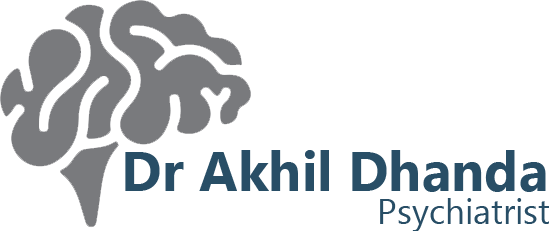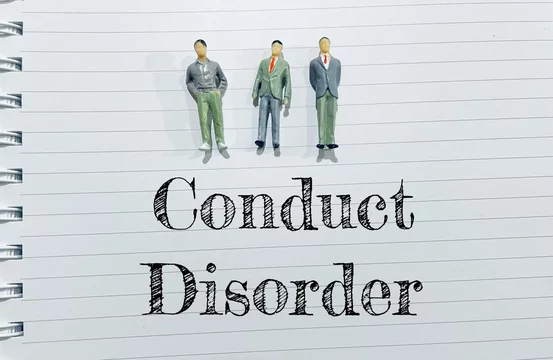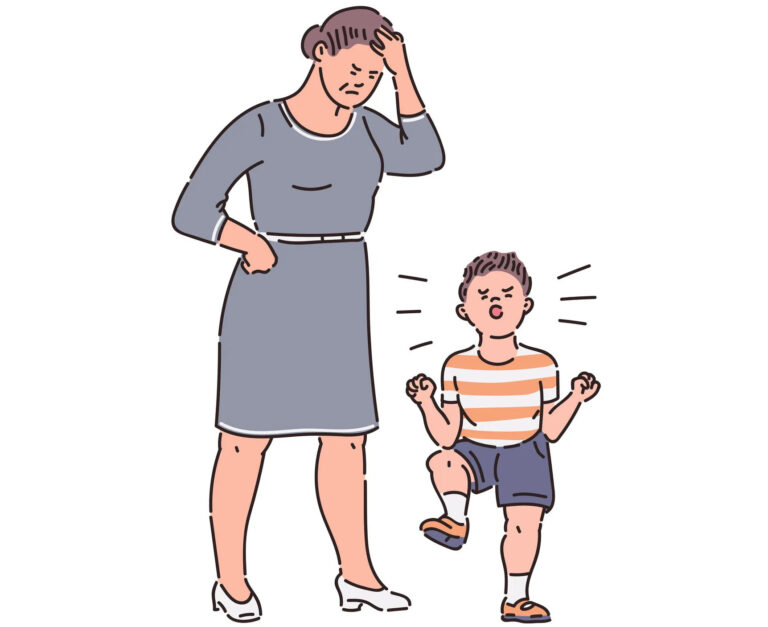The Truth About Conduct Disorder And How To Manage It
Conduct Disorder (CD) is a complex and challenging mental health condition characterized by a persistent pattern of behaviors that violate the rights of others and societal norms. It often manifests during childhood or adolescence and can significantly impact a child’s social, academic, and emotional functioning. Understanding the truth about conduct disorder and learning effective management strategies is essential for parents, caregivers, educators, and mental health professionals. In this comprehensive guide, we’ll explore the key aspects of conduct disorder, its causes, symptoms, diagnosis, and evidence-based interventions for managing the condition.
https://www.youtube.com/@akhildhanda8867
Understanding Conduct Disorder
According to the Diagnostic and Statistical Manual of Mental Disorders (DSM-5), conduct disorder is categorized as a disruptive behavior disorder. It is distinguished by an ongoing, recurring pattern of actions that transgress both social norms and the fundamental rights of others. These behaviors may include aggression towards people or animals, destruction of property, deceitfulness or theft, and serious violations of rules. Conduct Disorder can vary in severity, ranging from mild to severe, and may co-occur with other mental health conditions such as attention-deficit/hyperactivity disorder (ADHD), oppositional defiant disorder (ODD), and substance use disorders.
Causes of Conduct Disorder
The exact cause of Conduct Disorder is not fully understood, but it is believed to result from a complex interplay of genetic, biological, environmental, and psychosocial factors. Some potential risk factors for developing Conduct Disorder include:
- Genetic predisposition or family history of mental health disorders or antisocial behavior
- neurobiological elements, such as anomalies in the composition and operation of the brain
- Environmental stressors such as poverty, exposure to violence or trauma, family dysfunction, and inadequate parenting or caregiving
- Social and peer influences, including association with deviant peer groups and exposure to delinquent behavior
It’s important to note that not all individuals with risk factors for Conduct Disorder will develop the condition, and additional research is needed to better understand its underlying causes.
Symptoms of Conduct Disorder
The symptoms of Conduct Disorder can vary depending on the individual and the severity of the condition. Common symptoms may include:
- Aggression towards people or animals, including physical fights, bullying, and intimidation
- Destruction of property, vandalism, arson, or other acts of sabotage
- Deceitfulness or theft, such as lying, shoplifting, or breaking into homes or cars
- Serious violations of rules or laws, including truancy, running away from home and engaging in illegal activities
These behaviors often result in significant impairment in social, academic, and occupational functioning and may lead to legal problems or involvement with the juvenile justice system.
Diagnosis of Conduct Disorder
The diagnosis of Conduct Disorder is typically made by a qualified mental health professional, such as a psychiatrist, psychologist, or licensed clinical social worker. Diagnosis involves a comprehensive evaluation of the individual’s symptoms, developmental history, family and social context, and any co-occurring mental health conditions. The DSM-5 outlines specific criteria for diagnosing Conduct Disorder, including the presence of a persistent pattern of antisocial behaviors over a period of six months or more.
Managing Conduct Disorder
Effective management of Conduct Disorder involves a multifaceted approach that addresses the underlying factors contributing to the condition and targets specific symptoms and behaviors. Here are some strategies for managing Conduct Disorder:
- Behavioral Interventions: Behavioral therapy techniques, such as cognitive-behavioral therapy (CBT), behavior modification, and social skills training, can help individuals with Conduct Disorder learn alternative coping strategies, problem-solving skills, and appropriate ways of expressing their emotions and impulses.
- Family Therapy: Family therapy can be beneficial for addressing family dynamics, communication patterns, and parenting practices that may contribute to or exacerbate conduct disorder symptoms. Family therapy aims to improve family relationships, strengthen parental skills, and create a supportive and structured home environment.
- Medication: In some cases, medication may be prescribed to target specific symptoms associated with Conduct Disorder, such as aggression, impulsivity, or mood instability. Commonly prescribed medications may include stimulants, antidepressants, mood stabilizers, or antipsychotic medications, but medication should be used judiciously and under the guidance of a qualified healthcare provider.
- School-Based Interventions: Collaborating with educators and school personnel to implement behavioral interventions, academic accommodations, and social-emotional supports can help address conduct disorder symptoms in the school setting and promote academic success and positive peer relationships.
- Community-Based Support Services: Accessing community-based support services, such as mentoring programs, recreational activities, after-school programs, and mental health resources, can provide additional support and positive social outlets for individuals with Conduct Disorder and their families.
- Early Intervention and Prevention: Early identification and intervention are key to preventing the escalation of conduct disorder symptoms and reducing the risk of long-term adverse outcomes. Promoting positive parenting practices, early childhood education, social-emotional learning, and resilience-building programs can help prevent conduct disorder and promote healthy development in at-risk children and adolescents.
Conclusion
Conduct Disorder is a serious and complex mental health condition that requires comprehensive assessment and intervention to address its underlying causes and symptoms effectively. By understanding the truth about conduct disorder and implementing evidence-based management strategies, individuals with the condition can receive the support and resources they need to lead productive and fulfilling lives. Collaboration among parents, caregivers, educators, mental health professionals, and community stakeholders is essential for promoting positive outcomes and improving the well-being of individuals affected by conduct disorder. With early intervention, appropriate treatment, and ongoing support, individuals with conduct disorder can learn to manage their symptoms, develop healthy coping skills, and achieve their full potential.
For any further queries, Plz visit psychiatristdrakhildhanda.com or you can check our social media accounts, Facebook, Instagram







